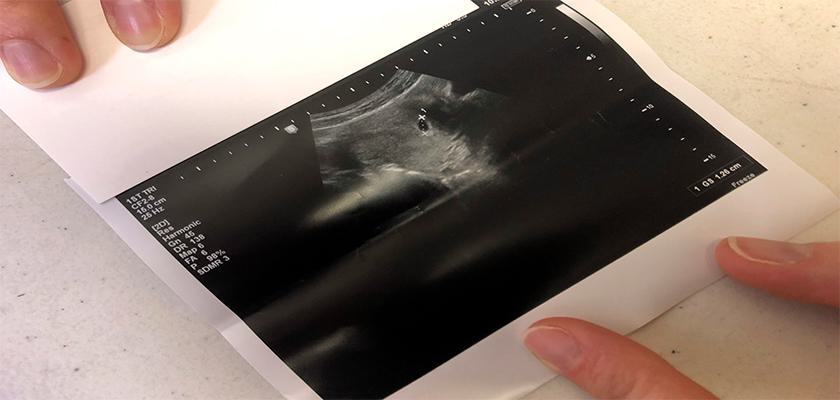A California doctor is proposing a floating abortion clinic in the Gulf of Mexico as a way to maintain access for people in southern states where abortion restrictions have been enacted.
The idea is to provide a clinic aboard a ship in federal waters, and out of reach of state laws, that would offer first-trimester surgical abortions, contraception and other care, said Dr. Meg Autry, an obstetrician and gynecologist and a professor at the University of California San Francisco.
“There's been an assault on reproductive rights in our country and I'm a lifelong advocate for reproductive health and choice. We have to create options and be thoughtful and creative to help people in restrictive states get the health care they deserve,” she told The Associated Press.
Autry said the idea is only in the fundraising stage through the non-profit, “PRROWESS” — short for “Protecting Reproductive Rights Of Women Endangered by State Statutes.”
Alabama, Mississippi, Louisiana and Texas have had tougher abortion laws take effect. A Florida law, which is in effect after a legal back-and-forth, prohibits abortions after 15 weeks, with exceptions if the procedure is necessary to save a life, prevent serious injury or if the fetus has a fatal abnormality.
Autry said their legal team believes there is a swath of federal water where licensed providers could safely and legally provide abortions out of reach of state laws.
“This is closer and faster access for some people, particularly for working people that live in the southernmost part of these states,” she said.
Autry said they are still trying to work out many of the details such as where the boat will launch and how women would get to the ship.
Generally, federal waters begin three nautical miles from the coasts of Alabama, Louisiana, and Mississippi, and nine nautical miles from the coast of Texas. Patients would be transported to the ship in various ways, depending on the distance.
According to the PRROWESS website, the goal is to be operating in the Gulf of Mexico for approximately three weeks out of each month, with flexibility built-in depending on demand, weather conditions, and vessel maintenance.
Patients will go through a pre-screening process on land, and once they've been approved arrangements will be made to transport patients to the vessel.
Don’t miss out! Subscribe to our newsletter and get our top stories every weekday morning.










